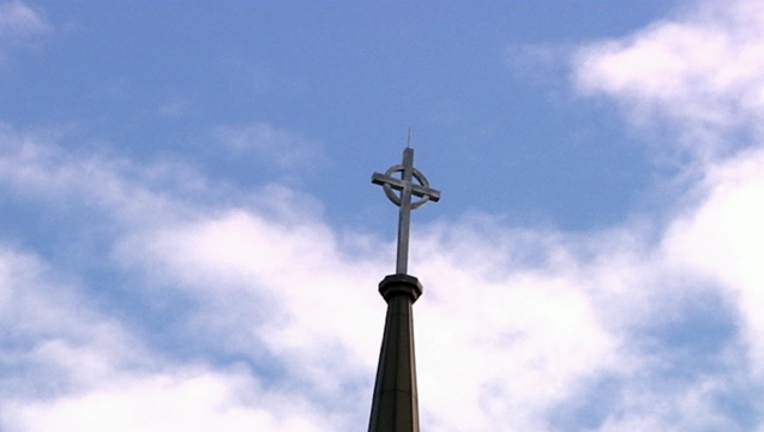Summit offers guidance on protecting houses of worship

DECATUR, Ga. (AP) - Churches, mosques, synagogues and other houses of worship typically welcome all who come through their doors, a spirit of openness that can also leave them vulnerable to violence.
High-profile acts - the June 2015 racist shooting at a black church in Charleston, South Carolina, that left nine people dead or recent threats made to Jewish institutions - immediately come to mind. But a troubled member of a congregation or the community can also pose a threat that the staff and leadership at places of worship need to prepare for, said U.S. Attorney John Horn in Atlanta.
To that end, the U.S. attorney's office on Wednesday provided guidance to religious leaders and others who are responsible for security at houses of worship. Speakers addressed steps that can be taken in advance to improve security and identify threats and what to do if an active threat arises, as well as hate crime trends and how state and federal laws can be used to prosecute such attacks.
"Unfortunately, the security concerns that a house of worship has often replicate what's happening on the streets outside," Horn said.
Hate-related speech has been on the rise in recent years, and there has also been an increase in violent acts at houses of worship, he said, noting that 176 violent incidents at houses of worship nationwide left 74 people dead in 2014, more than three times as many as the 22 people killed in such attacks in 1999.
Frequently, there's an existing relationship between the person who causes trouble and the place of worship. It could be someone who has attended services or who is receiving treatment or counseling there and, for whatever reason, things go badly and that escalates into violence, said First Assistant U.S. Attorney Kurt Erskine.
"For a lot of faith leaders, it's not in their usual job description to think about these kinds of things," Erskine said. "But I think they're coming to the realization given some recent events ... that they have to think about these things and they have to think about them ahead of time and they have to come up with a plan to deal with these potential threats."
The most underused people in the protection of a house of worship are the ushers and greeters, said DeKalb County police Detective J.K. Walker. Because of their hospitality roles, they are often the first to encounter anyone who enters and are ideally situated to open a dialogue or identify people who should be watched. It's important for ushers and greeters to have an established channel through which they can communicate any concerns to the facility leadership, Walker said.
The detective played a short video of a simulated active shooter situation at a retail store and walked the assembled faith leaders through the important steps they need to take if that kind of situation ever presents itself in their houses of worship.
Horn and other speakers also urged the faith leaders to reach out to their local police departments to establish a relationship, which can make faith leaders more comfortable and willing to express their concerns and also gives law enforcement an opening to offer advice.

